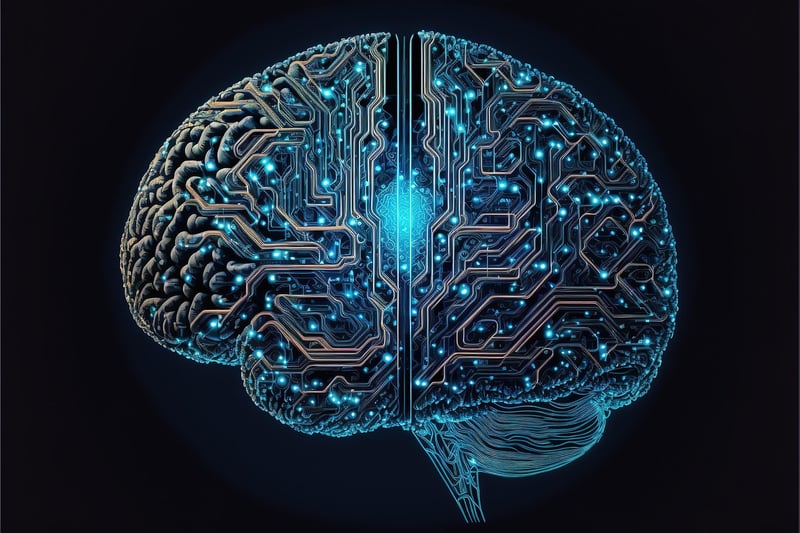AI Advancements
The Evolution of Technological Progress and AI Advancements
Technology has always been at the forefront of societal evolution, constantly pushing boundaries and reshaping our world. In recent years, the rapid advancements in Artificial Intelligence (AI) have revolutionized various industries and fundamentally changed the way we live, work, and interact with the world around us.
The Rise of Artificial Intelligence
Artificial Intelligence, often referred to as AI, is the simulation of human intelligence processes by machines, especially computer systems. AI technologies encompass machine learning, natural language processing, robotics, and more. The development of AI has led to breakthroughs in automation, data analysis, and decision-making processes.
Applications of AI
AI is being applied across diverse fields, including healthcare, finance, transportation, and entertainment. In healthcare, AI algorithms can analyze medical images, predict patient outcomes, and assist in drug discovery. Financial institutions use AI for fraud detection, risk assessment, and algorithmic trading. Self-driving cars are a prime example of AI in transportation, revolutionizing the future of mobility.
Challenges and Opportunities
While AI offers immense potential, it also presents challenges such as data privacy concerns, algorithm bias, and job displacement due to automation. It is crucial to address these issues to ensure responsible AI deployment and mitigate negative impacts. Moreover, AI presents significant opportunities for innovation, efficiency, and addressing complex societal problems.
Technological Progress and Society
Technological progress is deeply intertwined with societal progress. From the industrial revolution to the digital age, innovations have driven economic growth, improved living standards, and connected people globally. The current era of rapid technological advancement is characterized by digital transformation, internet connectivity, and the proliferation of smart devices.
Impacts of Technology on Society
Technology has transformed the way we communicate, learn, work, and entertain ourselves. The internet has democratized information access, enabling online education, remote work, and e-commerce. Social media platforms have revolutionized communication and networking, connecting individuals across continents in real-time.
Future Trends in Technology
Looking ahead, emerging technologies such as 5G networks, Internet of Things (IoT), blockchain, and quantum computing are poised to further disrupt industries and drive innovation. These technologies hold the potential to create new business models, enhance efficiency, and address global challenges such as climate change and healthcare access.
Conclusion
As we navigate the ever-evolving landscape of technological progress and AI advancements, it is essential to embrace innovation while being mindful of the ethical, social, and economic implications. By harnessing the power of technology responsibly, we can create a more sustainable, inclusive, and prosperous future for all.


